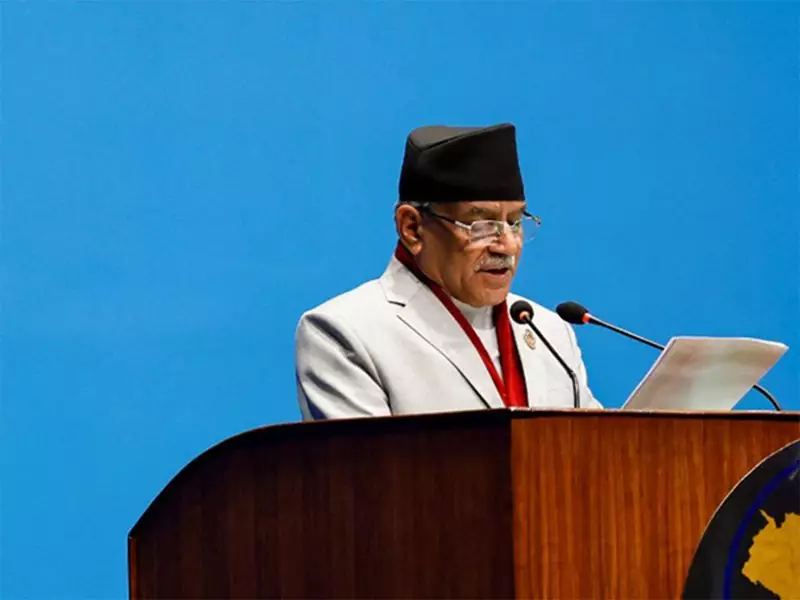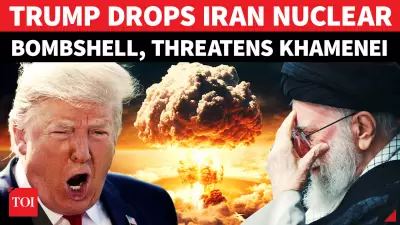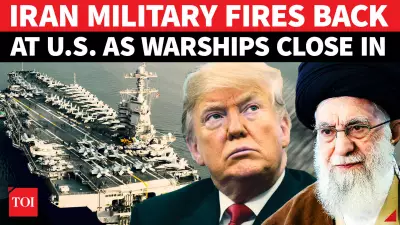
In a groundbreaking political move that could dramatically alter Nepal's governance landscape, seven prominent communist parties have cemented a historic unification agreement. The alliance, which includes the influential Maoist party led by former Prime Minister Pushpa Kamal Dahal 'Prachanda', has formalized their merger through an extensive 18-point pact.
The Unification Framework
The comprehensive agreement outlines a shared vision for governance and establishes a unified organizational structure. Key components of the landmark deal include:
- Consolidation of party organizational frameworks
- Development of a common political ideology and policy platform
- Establishment of unified leadership and decision-making mechanisms
- Coordination of electoral strategies and candidate selection processes
Political Implications
This unification represents one of the most significant political realignments in recent Nepalese history. The merger brings together diverse communist factions under a single banner, potentially creating a formidable political force capable of challenging established parties in upcoming elections.
The timing is particularly strategic, as Nepal prepares for crucial electoral contests that will determine the country's political direction for the coming years. By pooling their resources and voter bases, the unified communist bloc aims to present a stronger alternative to the current ruling coalition.
Leadership and Representation
Pushpa Kamal Dahal 'Prachanda', a central figure in Nepal's political transformation from monarchy to republic, brings substantial influence to the unified entity. His participation signals the seriousness of this consolidation effort and could attract broader support from left-leaning voters across the country.
The unification process involved intense negotiations among the seven parties, each bringing distinct ideological perspectives and regional strengths to the table. The resulting 18-point agreement reflects compromises and consensus-building on key policy positions and organizational matters.
Future Prospects
Political analysts suggest this merger could significantly impact Nepal's parliamentary arithmetic. A united communist front might alter power equations in the federal parliament and provincial assemblies, potentially leading to new political alliances and governance approaches.
The success of this unification will depend on effective integration of party structures and maintaining cohesion among the diverse constituent groups. If successful, it could mark a new chapter in Nepal's constantly evolving political narrative.






